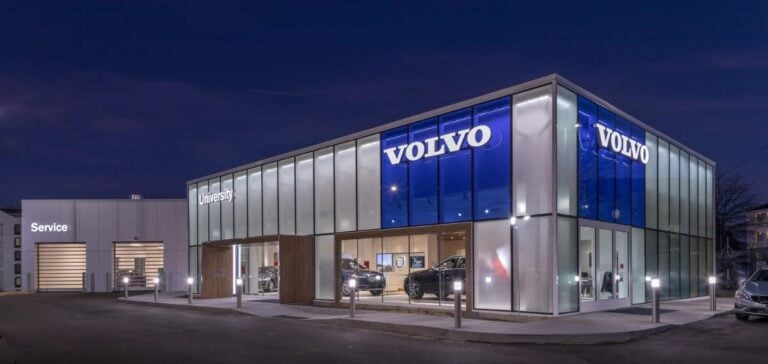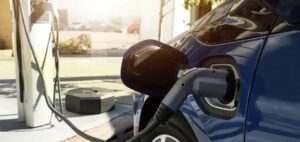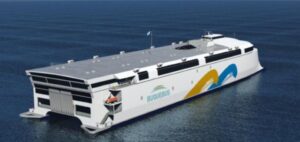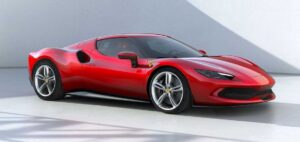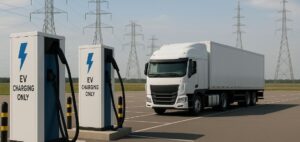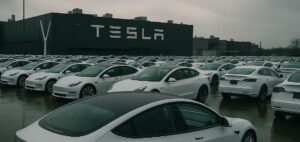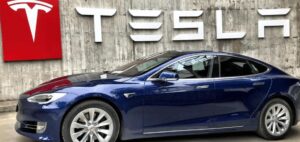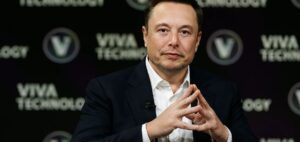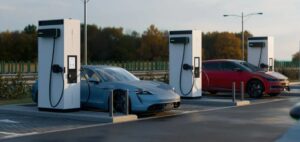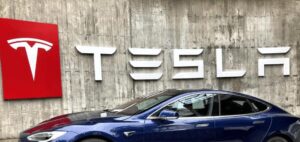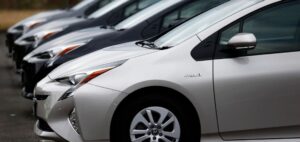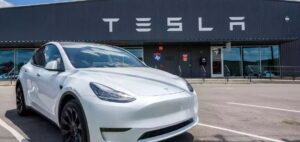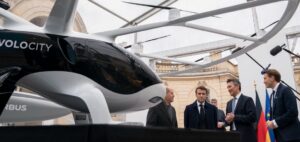Volvo Cars is revising its 2030 ambitions for the share of fully electric vehicles in its worldwide sales.
Initially set at 100%, the target has now been reduced to a range between 90% and 100%, due to persistent challenges related to charging infrastructure and changes in government policies.
The automaker cites insufficient deployment of charging stations in some key markets, as well as the removal of public incentives affecting demand.
In addition, recent tariffs imposed on electric vehicles are creating a climate of economic uncertainty and complicating sales projections.
This strategic review shows the need to adapt electrification plans to market realities.
Volvo maintains that full electrification remains at the heart of its strategy, but recognizes that current conditions cannot guarantee a complete transition by the end of the decade.
Evolving infrastructure and policies
The slowdown in the development of charging infrastructures, particularly in Europe and China, is a key factor in this review.
The lack of adequate charging stations limits the rapid adoption of electric vehicles, creating a brake for automakers who have to cope with fluctuating demand.
At the same time, the gradual withdrawal of public subsidies for the purchase of these vehicles in several regions further complicates the equation.
New tariff measures on electric vehicles also add a layer of complexity.
These tariffs imposed on international markets are disrupting sales forecasts and forcing industry players to recalibrate their strategies.
Manufacturers like Volvo are having to adjust to navigate this uncertain environment and maintain their competitiveness.
Impact on sales and revised projections
Recent figures show that 100% electric vehicles currently account for 26% of total Volvo Cars sales, while electrified models, including plug-in hybrids, reach 48%.
This significant share in the premium segment is not enough, however, to compensate for the structural obstacles mentioned.
Volvo now estimates that electric vehicles will make up between 50% and 60% of its offering by 2025, with adjustments to come in line with market developments.
The company continues to develop new electric models, but recognizes that full adoption remains dependent on improved infrastructure and favorable policies.
This flexible approach enables Volvo to remain adaptable in the face of market uncertainties and to react quickly to changes.
Market reactions and strategic adjustments
Volvo’s revised targets had an immediate impact on its stock market performance, with a notable drop of almost 7% on the Stockholm Stock Exchange, setting the share price at SEK 26.20 (approx. €2.30).
Investors’ reaction reflects caution in the face of a still uncertain future for electric vehicles.
Industry players need to show resilience and adjust their strategies to meet the challenges posed by changing policies and infrastructures.
Carmakers, including Volvo, are faced with a situation where technological innovation must go hand in hand with economic pragmatism.
Current market conditions require frequent revisions of objectives to align sustainable development ambitions with economic and regulatory realities.
Adapting to a changing landscape
Rapidly changing regulations and infrastructures are forcing manufacturers to adapt their strategies.
Volvo’s approach, adjusting its short-term objectives while remaining committed to long-term electrification, demonstrates the need for strategic flexibility.
The automotive sector continues to navigate in an increasingly complex environment, where local dynamics and political decisions play a central role in long-term planning.

